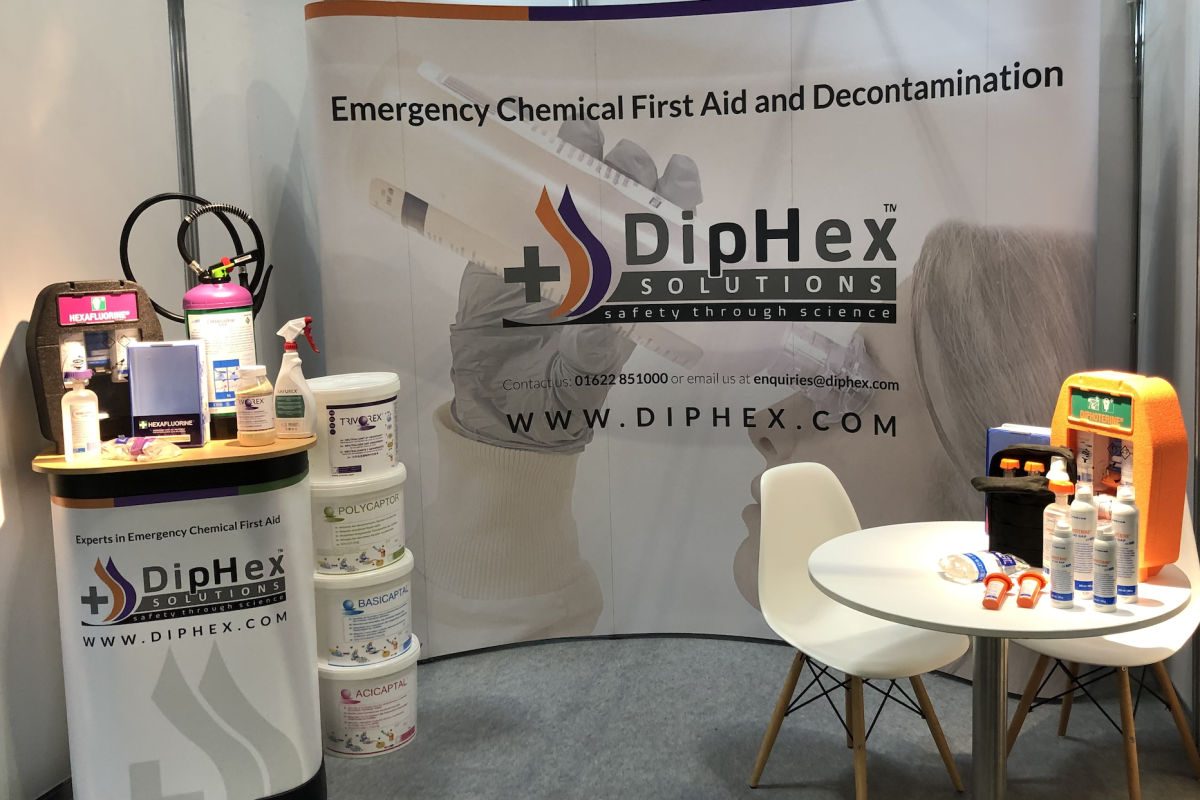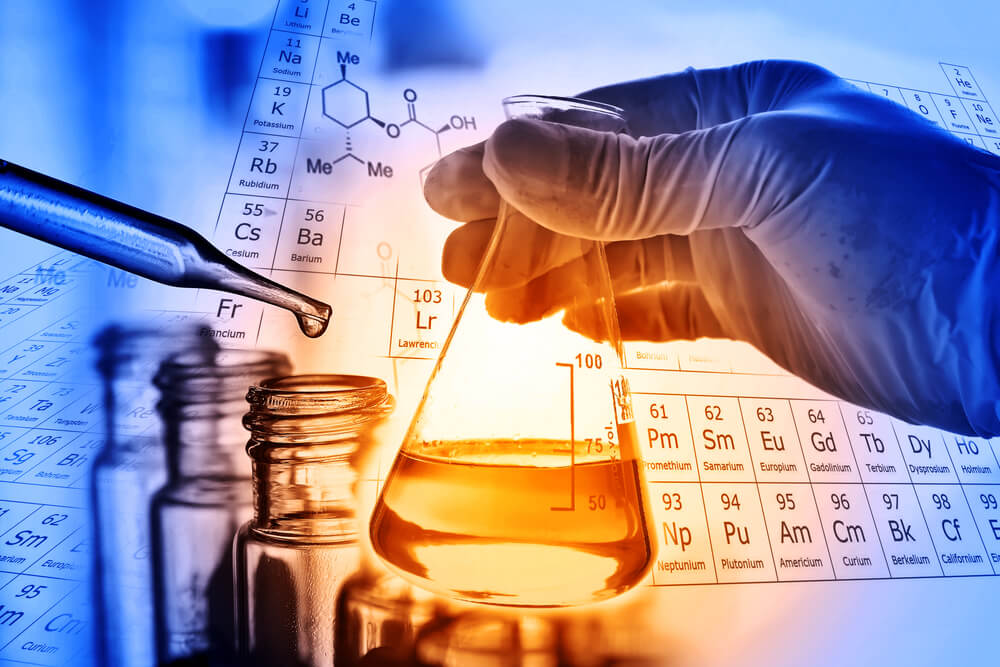Introduction: There will always be potential for grave chemical spill accidents in environments involving chemicals or other hazardous substances. Even the best mitigating environments cannot rule out the danger.
However, there are technical and other ways that may ensure hazardous chemicals and substances remain in the ambit of safety in places of human habitation.

But let us suppose an accident happens; what would be the ideal response mechanism to reduce the potential for grave injury or environmental catastrophes? What is the ideal way to handle chemical splash decontamination?
Potential Dangers of Chemical Spills and How to Deal with Them
Threat to Human Life and Environmental Degradation
Spills happen fast, and the subsequent toll on human life can be life-threatening, especially with chemically hazardous gases. Moreover, the environmental impact is doubly serious as several natural species (animals, plants and waterbodies) are exposed to irreversible damage. That can have serious consequences for present and future generations.
Threat to Bio-Diversity
Biodiversity is the existing richness in a variety of living organisms both in marine, desert and vast terrestrial locations. That can include ecological, genetic or species diversity spread over various natural habitats. Protecting natural habitats is crucial against all damage is essential.
Harms Social Progress Indicators and Pointers
In most regions and locations globally, a delayed spill response or management directly invokes harm to social harmony. Spills can affect the local economy and disorient social balance. Several communities and nations may be left to handle the fallout or aftermaths of hazardous spills at a much higher level. It is always good to maintain a balance socially and ecologically.
Quick Tips About Chemical Splash Decontamination
We live in a world conditioned or predisposed to encounter chemical spills at any time. That can be attributed to the excessive use of dangerous chemicals like acids that need careful and logical scientific handling. These few tips could help minimize or stop regular chemical spills.
Adopt Polymer-Based Chemical Absorbents
These chemical absorbents possess high absorbency with zero crystalline silica that can cause other harmful side effects in the decontamination process. The absorbents offer several advantages in a shorter period and are quality conscious on side effects. Quality absorbents are fast-acting and responsive on application. These include spill and decontaminants like Polycaptor, Safurex, Basicaptal, Acicaptal, Trivorex, Hexaflourine and Diphoterine among others. Each spill and decontaminant liquid has positive properties for fast chemical spill and splash management. It is possible to tap into the power of the decontaminants to reverse or slow the effects of spills.
Fast Reaction and Response
In spill situations, the responsive time taken to address the situation matters. That is because some hazardous chemicals contain fast, destructive elements that need urgent response. Time is always crucial and of the essence.
Summary: in an emergency chemical first aid situation, precautions and standard procedures for all safety matters. The dangers and consequences caused by spills and the aftereffects are fresh in public consciousness globally. But we can live with the confidence and assurance that there are reliable ways to mitigate such eventuality with the best Diphex solutions that ensure sustainable spill management and decontamination.
For More Info :-
Source URL :- https://sites.google.com/view/emergency-chemical-first-aid/home
Visit Our Social Link :-
https://twitter.com/DipHex_Ltd
https://www.linkedin.com/company/diphex-limited/

No comments:
Post a Comment